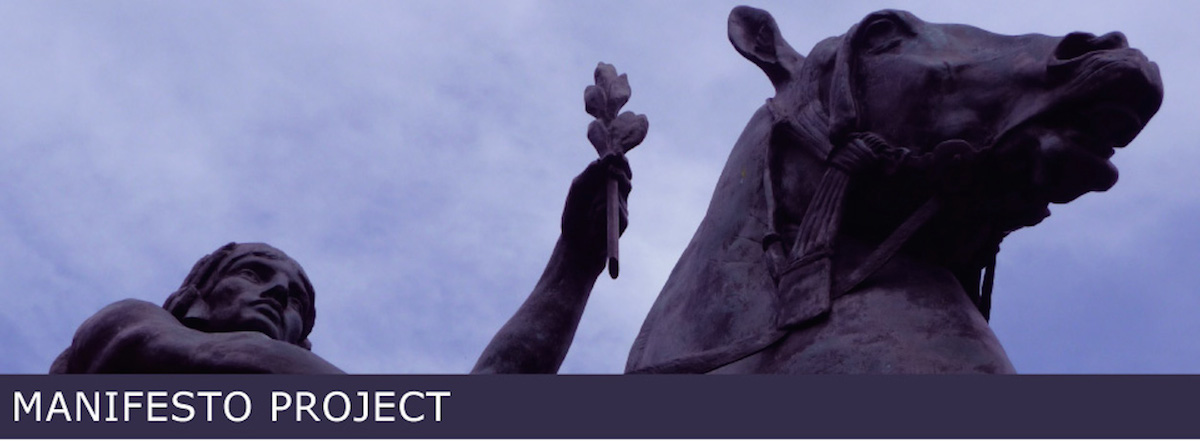Creator
Adolf Hitler was a German politician and leader of the Nazi Party. He was Fuhrer or leader of Germany from 1934 until his suicide in 1945. He provoked World War II by invading Poland in 1939.
Purpose
Mein Kampf was written as a launchpad for Hitler’s political career. Many potential leaders – for example US Presidential candidates – continue to use this strategy to launch their campaigns.
Hitler wrote these books while interned as a prisoner for political crimes. His intent was to share and strengthen his position within the German Socialist Party.
The book was a best seller in Germany in the 1930s and by the end of World War II, about 10 million copies had been sold or distributed in Germany – including a copy for every soldier fighting at the front.
Interestingly, when he became Chancellor of Germany in 1933 he distanced himself from his writings suggesting they were mere “fantasies behind bars”

Manifesto
Mein Kampf translates from German into English as either ‘My Struggle’ or ‘My Fight’.
Hitler’s manifesto was published as two volumes – one in 1925 and one in 1926. It has been suggested that the second version was written because he believed that the ideas in the first volume were misunderstood. They are part autobiography and part political ideology.
The primary thesis of Mein Kampf is his belief of “the Jewish Peril” – a conspiracy by the Jewish people to gain world leadership. This follows his first encounters with Jews when he moved to Vienna and his growing hatred of them. He also shares his disdain for Communism.
From this base, Hitler also proposes a “New Order” for Germany that includes military action and hints at the genocide of the Jewish people.
He also shared his intent to completely destroy the German parliamentary system because he believed it was corrupt.
The books were banned in many countries and in some cases remain so. In Germany, their copyright laws enabled the book to pass into the public domain in on January 1, 2016 – 70 years after Hitler’s death in 1945.
Source
- Suggested by Lauchlan Mackinnon
- Wikipedia: Adolf Hitler
- Wikipedia: Mein Kampf
- Image source: https://commons.wikimedia.org/w/index.php?curid=10043132
Comment
This is one of the great examples of the potential sharp edge of a manifesto. They are often offered as a statement of belief and this means not all of us are going to agree with all of them.
They also show the awesome power of a strong manifesto, which can equally be used for both good and evil.
